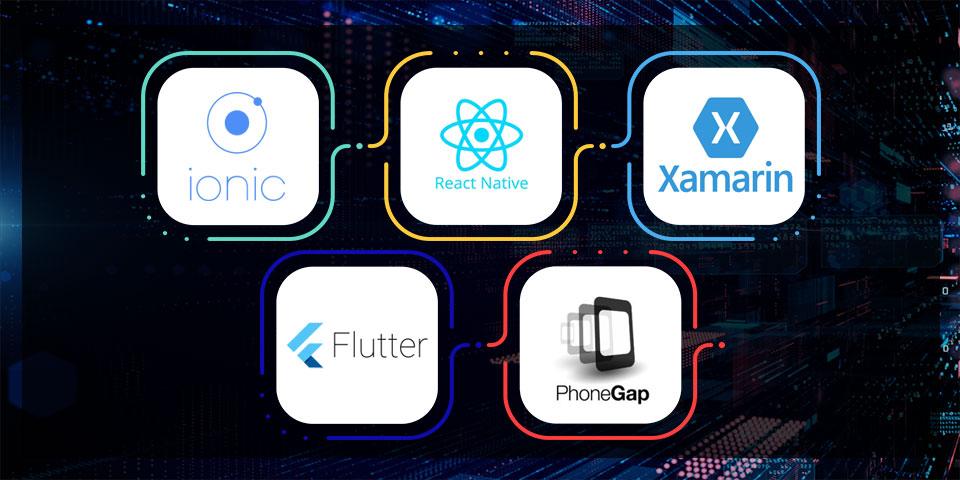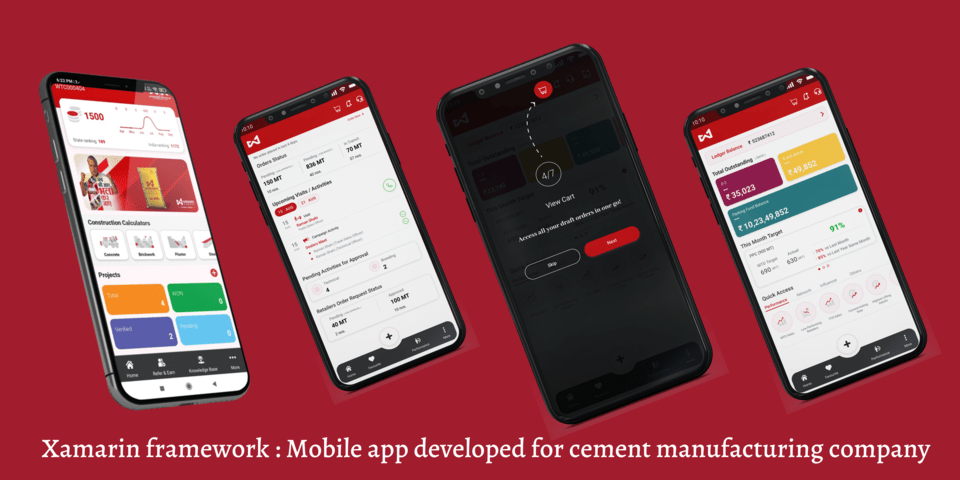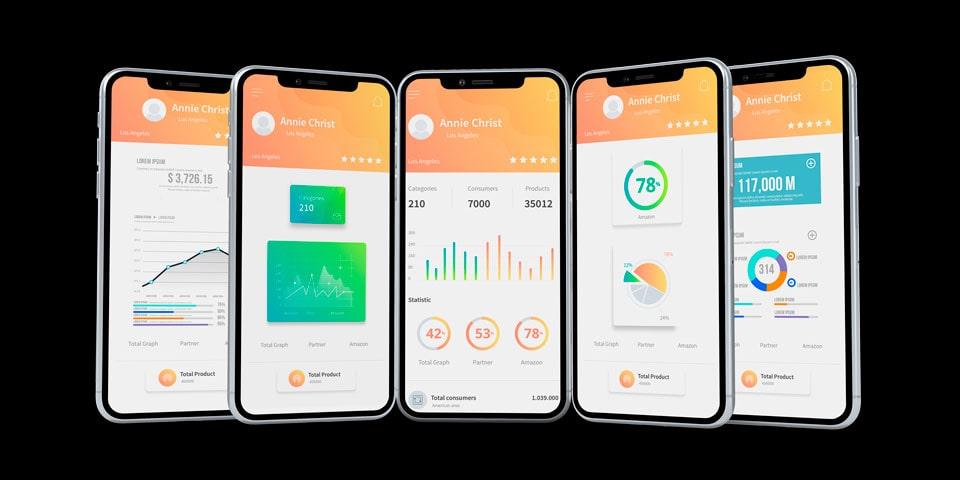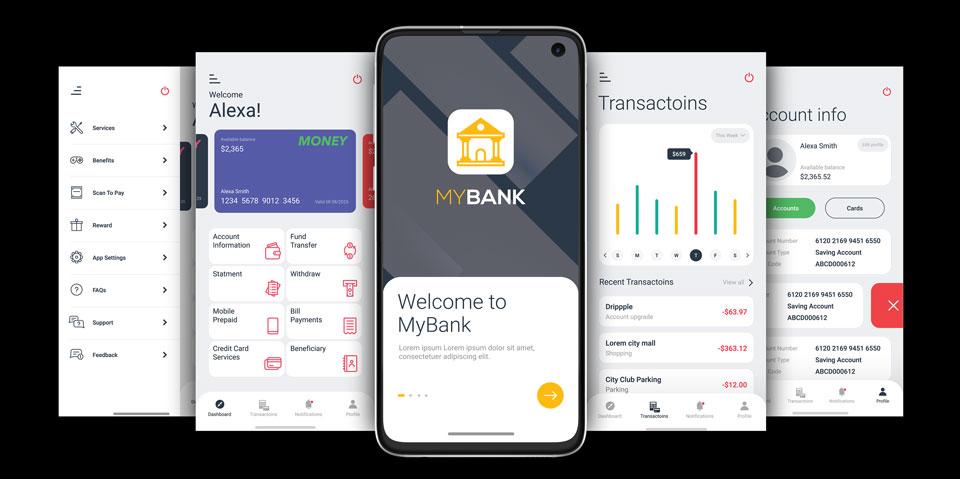



You get up in the morning, grab your phone and scan through your WhatsApp messages before checking the newest posts on Facebook or other social media apps, reading the news on your favorite news apps and booking a taxi using the Ola/Uber app or another app. If you are craving for Italian food in the afternoon, you take up your phone, open the food delivery app & place your order. Your day will end with you watching certain seasons or movies on Amazon Prime or the Netflix app.
Have you ever considered how these mobile apps are created to make your life more convenient? Everything is managed at your fingertips on some wonderful mobile applications, from waking up in the morning to getting back to sleep. Today’s generation is crazy for these mobile apps. Without these apps, we couldn’t envision our lives.
Ionic is an open-source SDK for hybrid mobile applications that was launched in 2013. It’s a sophisticated cross-platform mobile app development platform that’s easy to use. It’s well-known for delivering platform-specific UI elements via a collection of native components for iOS and Android. It makes it simple to construct native apps & their user interfaces by combining HTML, CSS3 and JavaScript. To simplify the life of a developers, it provides a great mobile experiences across iOS, Android and the Web, all from a single code base.

Facebook released React Native, a popular JavaScript-based framework, in 2015. It not only allows you to design stylish Android and iOS apps, but it also significantly improves load times while giving a terrific, adaptable and responsive user experience. Developers can leverage a number of built-in core components to create applications. You may use React Native to create a brand-new app or integrate it with existing Android and iOS apps.




Do you find it difficult to choose the suitable technology for your app? Let go off your concerns and put your faith in our team of seasoned mobile app developers. Contact our highly qualified and experienced app developers immediately if you want to design the greatest mobile app. We understand that each company has its own set of needs for dealing with its problems. This is why we provide services to our clients in a variety of technologies, including native and cross-platform in order to create the ideal mobile application for their business.